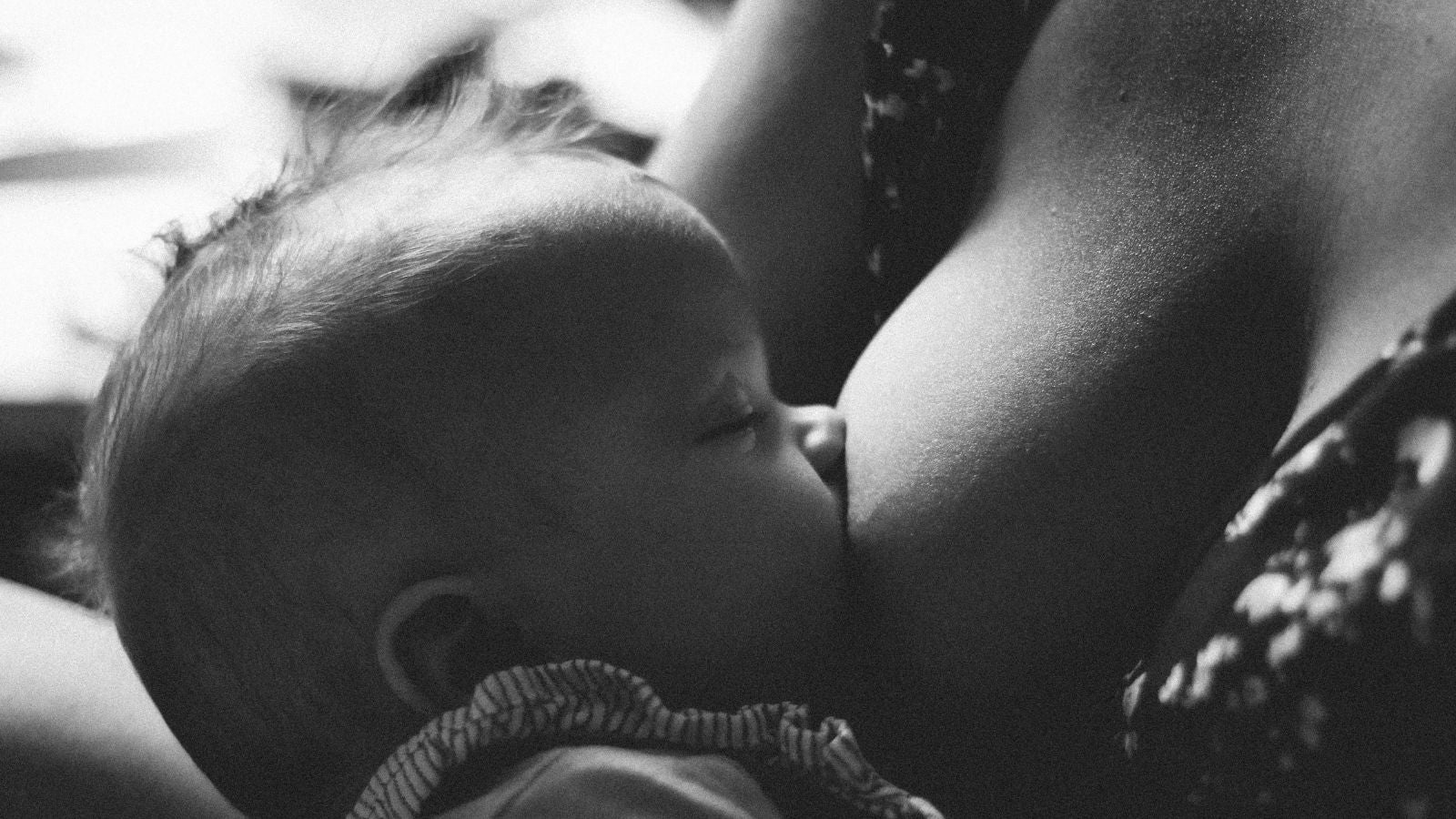Motherhood is a beautiful journey, but it’s also filled with challenges: taking care of your baby, reorganizing a disrupted life, adapting to a new rhythm, and maintaining your mental health. As a new mom, it’s crucial to prioritize your psychological well-being, especially during this time when you’re juggling many new responsibilities and sometimes overwhelming emotions.
In this article, we’ll help you distinguish between baby blues and postpartum depression, and provide some practical advice to help you smoothly navigate through this delicate period!
Baby Blues or Postpartum Depression?
It’s important to differentiate between baby blues and postpartum depression. Baby blues is a very common emotional and physiological reaction among many moms, occurring in the first days or weeks after giving birth. You might still be in the hospital or just back home with your baby, and you’re experiencing mood swings, fatigue, frequent crying, and heightened sensitivity? Don’t worry: these feelings are usually temporary and fade away on their own after a few days to a few weeks. These emotional shifts are caused by the sudden hormonal changes after childbirth, combined with intense fatigue.

On the other hand, postpartum depression represents a more serious low point for some mothers, often occurring within the first year after their baby’s birth. The signs can be similar to those of the baby blues (at least initially), but they are more intense and persistent over time. We’re talking about deep sadness, a loss of interest in usual activities, changes in eating and sleeping habits, and feelings of helplessness or discouragement. In rare cases, negative thoughts or intrusive phobias may arise.
Postpartum depression is a condition that can be gently treated with the right support in place. So, don’t hesitate to talk to your doctor, midwife, or a therapist if your baby blues linger and you’re struggling to reconnect with the things that usually bring you joy. Feeling supported and surrounded by love during this time can make all the difference in your recovery and your ability to care for your baby: be kind and gentle with yourself!
So, how can you take care of yourself and your mental health when everything around you feels difficult? Here are some compassionate tips to guide you.
1. Build a Village Around You
Don’t underestimate the importance of support from those around you during this period. Have you heard the African proverb that says, “It takes a village to raise a child”? Even though, in our modern Western societies, we often find ourselves isolated when we become mothers, it’s much easier to raise a child when we’re surrounded by and can rely on trusted people for support.
Surround yourself with people who support and encourage you in your motherhood journey! Whether it’s your partner, family, friends, or other moms in your community, simply knowing that you’re not alone can have a significantly positive impact. Try to participate in workshops organized by professionals on topics related to early childhood, like those at Maison Né or Yada if you live in Paris or Bordeaux. It’s a great opportunity to meet new people!
2. Take Time for Yourself
Motherhood is often intense and demanding, but it’s essential to find time to care for yourself. Whether it’s a few minutes of meditation, a workout to clear your mind, a walk in nature, or simply some time to relax with friends, give yourself these moments of respite to recharge your batteries—you deserve it! Choose activities that soothe you and help you reconnect with the person you were before becoming a mom.
3. Communicate Your Needs
Don’t be afraid to express your needs to those around you, whether it’s asking for help with household chores, managing family life, or sharing your concerns with your partner. By openly discussing how you feel, you create a space where your needs are heard and taken into account. Remember, you don’t have to carry the weight of responsibilities alone! Your loved ones are there to support and accompany you in your motherhood journey.
4. Seek Professional Help
If you’re struggling to manage your emotions or if the period of “feeling down” persists, it’s advisable to consult a healthcare professional. There’s no shame in that. Psychologists and psychiatrists have the skills to provide you with the tools and resources you need to navigate this turbulent time with strength and resilience.

If you prefer to discuss with your midwife or gynecologist, you can use the postnatal check-up, usually scheduled within 6 to 8 weeks after childbirth, to address your emotions, feelings, and concerns. They will be able to refer you to a mental health professional who is suited to your needs and situation.
The Maman Blues association is also a valuable resource. Its professionals and volunteers are trained to listen to mothers experiencing maternal difficulties and guide them toward appropriate resources. Opening up and sharing your experience is already a first step toward recovery: speak up and don’t stay alone!
Finally, remember that you are not alone on this journey of motherhood! By taking care of your mental well-being, nurturing your social relationships with those around you, and knowing when to ask for help, we believe you can navigate this period with as much confidence and serenity as possible.

